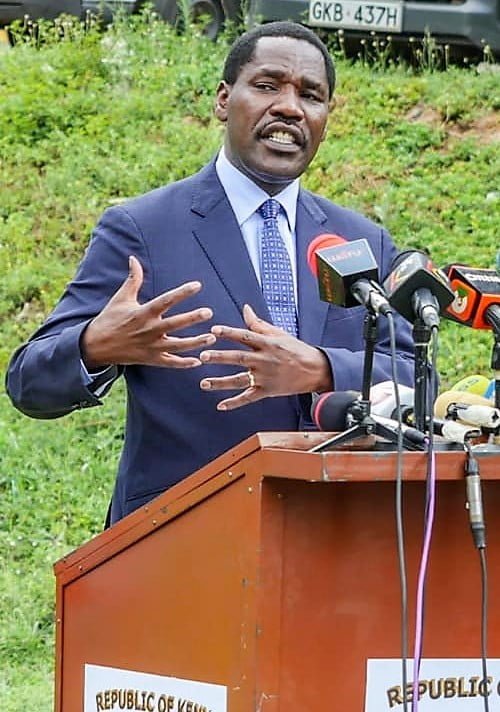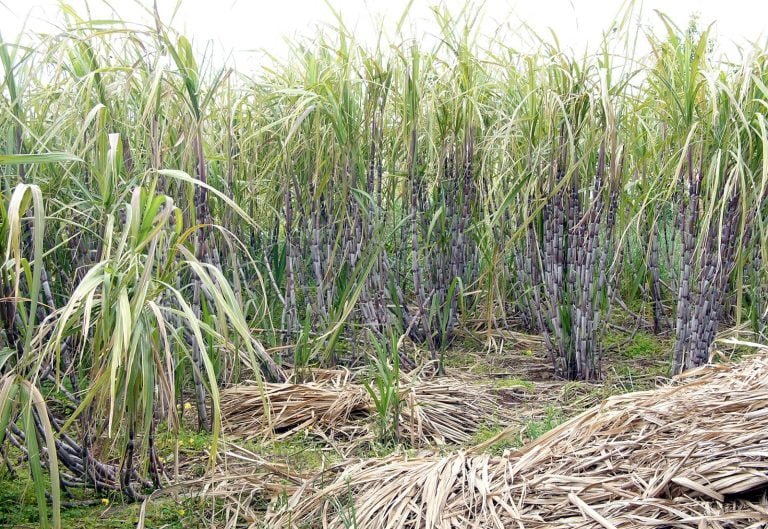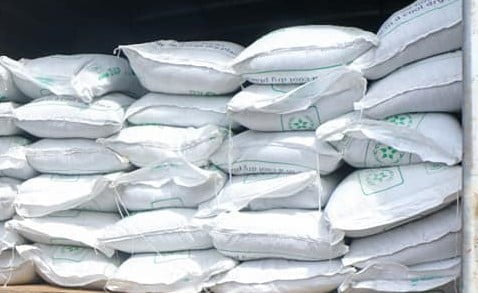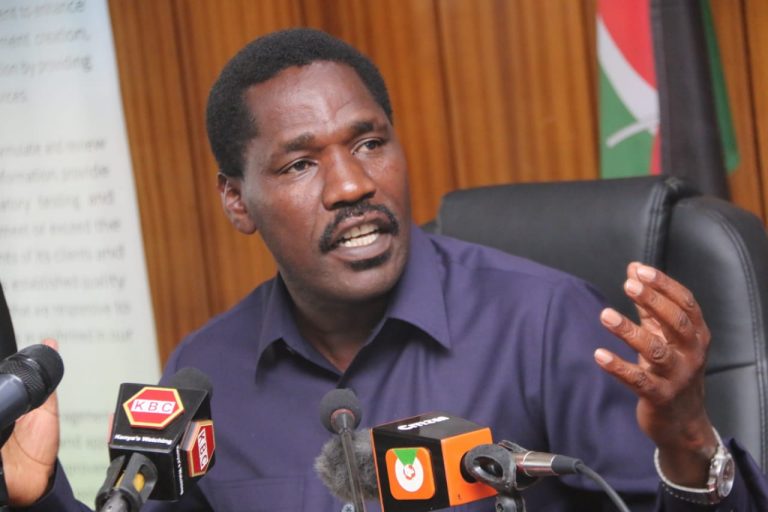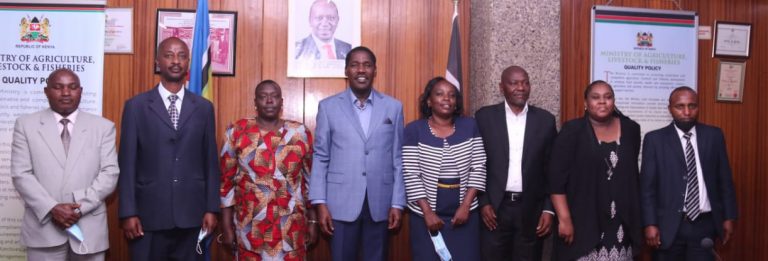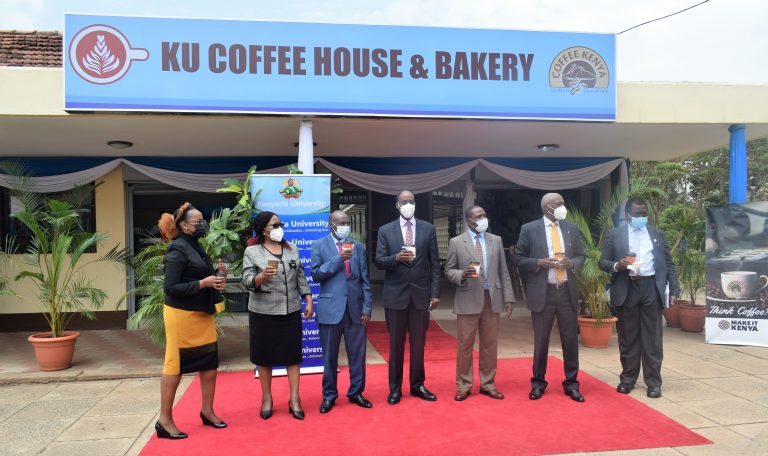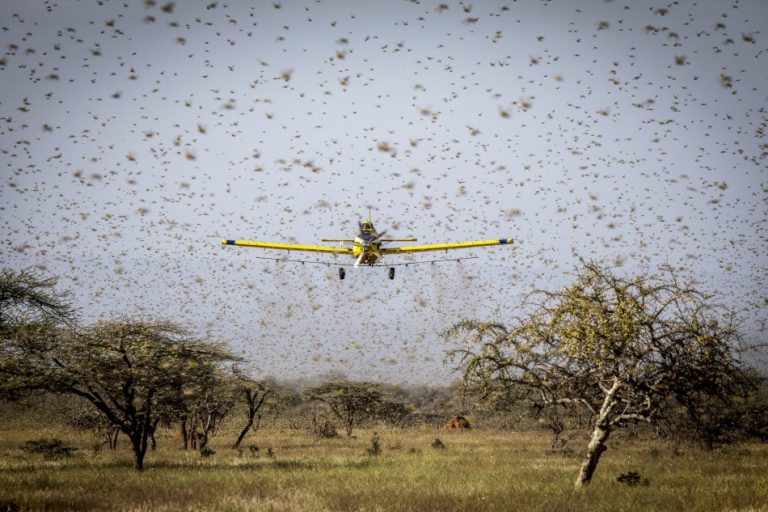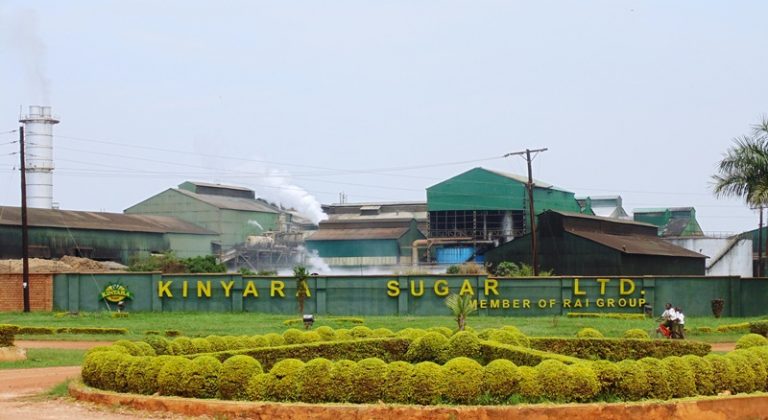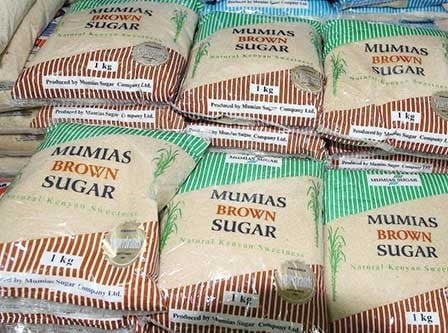The Kenyan Sugar industry is a significant employer and contributor to the National economy. The most substantial contribution of the sugar industry is its salient contribution to the fabric of communities and rural economies in the sugar belts. Households and rural businesses depend on the injection of cash derived from the industry.
The industry is intricately woven into the agricultural economies of Counties in Western Kenya with an emerging presence in the Coastal area, specifically Kwale. In 2019 the country produced 440,935mt against a consumption of 1,038,717MT.
“Other than sugar consumption for food, the Kenyan Sugar industry has the potential to generate 260MW of electricity and produce enough ethanol to run all the vehicles currently running on diesel. That is, in addition to the employment and income it provides presently to Kenyans in the sugar belt. Sugarcane is as essential a cash crop as are tea, coffee, horticulture, and even maize. However, for the industry to meet this potential, reforms to its existing structure are pertinent. Without the production of ethanol and power to drive its processing, Sugar will remain an expensive commodity to most Kenyans. The production of these two additional products will cross-subsidize the cost of sugar production, making it cheaper, as is the case in countries such as Brazil and Mauritius,” says Agriculture CS Peter Munya
The CS says to be a globally competitive producer of Sugar and give sugar cane farmers a better return on their investments, the Government has looked at addressing perennial challenges in the sector. These include:
• Lack of regulations to govern the industry
• High cost of production
• A wasteful and expensive cane haulage system
• High debt burden
• Acute cane shortage
• Lack of adequate research and funding to support cane development
• Low sucrose yield
• Low value addition
• A weight-based cane payment system that gives farmers no incentives to grow high sucrose cane
• Aging equipment and obsolete technology
• Sector-wide governance issues
Munya says the Ministry has embarked on extensive and intensive reform efforts to address these challenges to create a high-value sugar sector. Among the measures he says the government has undertaken or will undertake soon are the following:
1) Implementation of the Sugar Task Force Report recommendations;
2) Gazzetting of the Sugar General Regulations
3) Gazettement of the Import-Export Regulations that are currently with the Attorney General’s office
4) Writing off Debts of State-owned Mills and Outgrower Institutions
5) Conversion from Weight to Quality cane payment system based on sucrose content
6) Privatization of the State-owned Mills through a long-term lease Model


